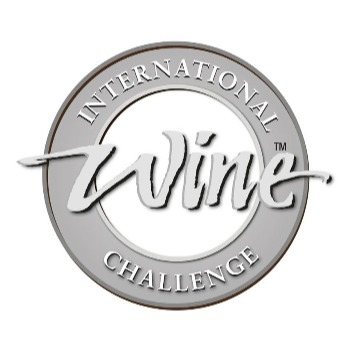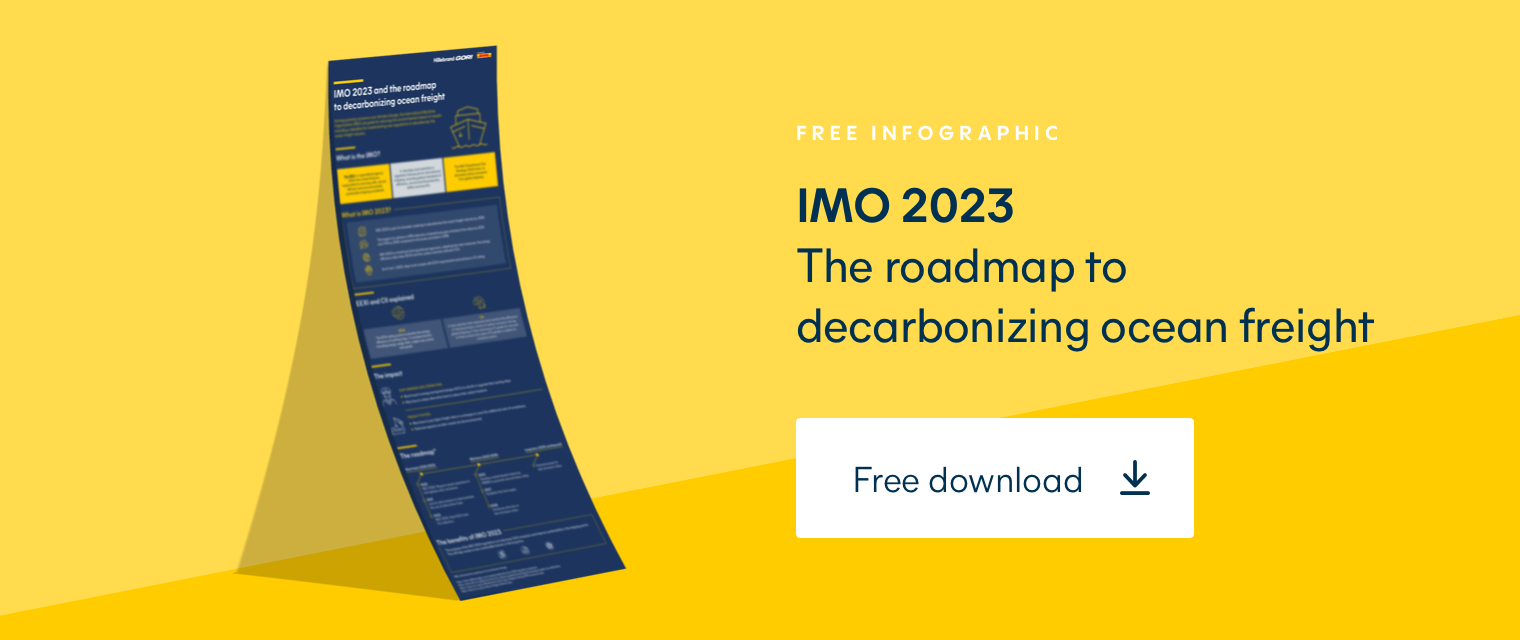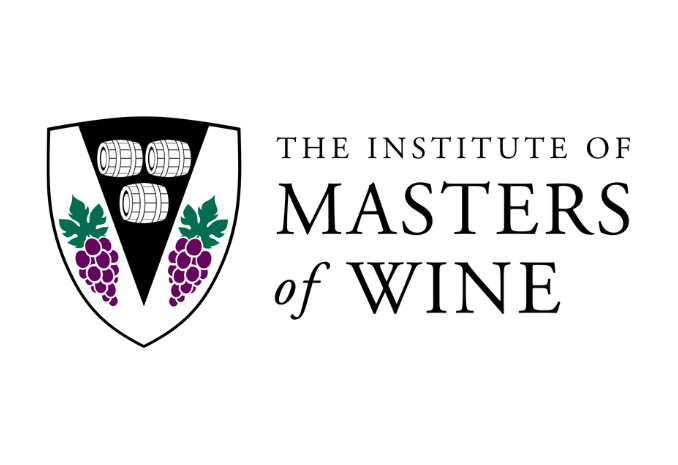Share this post
Can door-to-door transportation deliver the finest wine?
In logistics, door to door transportation refers to a type of shipping service where a carrier or logistics company picks up products from the shipper's location (the origin) and delivers them directly to the recipient's location (the destination).
Door to door transportation services typically involve a high level of coordination between the importer and the shipper. The freight forwarder needs to ensure that the shipment is picked up on time and delivered to the recipient's location as quickly and efficiently as possible. This type of transportation service also requires management of customs clearance, and even insurance.
Transporting wine internationally can involve many modes of transport including trucks, trains, ships, and aircraft. These modes of transport are provided through carriers - the companies who own the vehicle that will physically move your product. They are part of the door-to-door transport supply chain. The freight forwarder manages the entire supply chain.
Why the door-to-door transport of Madam Saké is entrusted to Hillebrand Gori
As a wine importer, once you’ve searched the world for excellent wines and found quality products that meet your high standards, you want your customers to enjoy them at their best. But a fine wine is a delicate thing. Sensitive to temperature, humidity, and exposure to contamination. So transporting wine long distances exposes it to many risks. So, what’s the best way to move your wine from your supplier to your warehouse? Read on to find out how door-to-door transportation means and why the Madam Saké brand is entrusted to Hillebrand Gori…
“Hillebrand Gori managed our first saké import in 2016. The company would not have existed without this service. Hillebrand Gori has kept on helping me ever since.” Adrienne Saulnier Blache, SBC.
Why does SBC use Hillebrand Gori for door to door transportation?
SBC, headquartered in Beaune, France, has relied on Hillebrand Gori to transport their beverages since the 1980s. The family-run company exports French wine all around the world and, more recently, began importing saké to Europe for its brand Madame Saké.
“I founded Madame Saké in 2015. It’s a company specializing in the importation, distribution, and promotion of the finest Japanese rice wines mainly in France but also in Europe. All the sakés we import are produced traditionally in small family breweries but are of the highest quality, and we select them carefully,” she explains.
In Adrienne’s words, her company has been working with Hillebrand Gori “since forever!”
“We have developed strong bonds over the years. My father already worked with them in the 80s: together they implemented trade lanes to export fine French wines to Japan.” she says.
Adrienne’s passion for saké was first ignited on a trip to Japan in 2014. Upon her return to France she contacted Hillebrand Gori to find a way to import the saké she had found to France in the best condition.”
According to Adrienne, almost no one imported saké at that time. So, working with Hillebrand Gori, they came up with a tailor-made groupage service between France and Japan that allowed her to ship small quantities of saké in refrigerated containers every month.
“They also provided us with a solution for refrigerated storage in Le Havre. The administrative aspect was not easy, especially customs, and Hillebrand Gori’s help was precious. They gave me a lot of advice regarding the documents needed. Now they handle the customs clearance.”
Let’s pause for a moment and take a closer look at what exactly groupage is and how it can help you move your wine, just like Adrienne.
What is door-to-door transportation in groupage?
To understand groupage we first need to explain LCL (Less than Container Load) shipping.
What is LCL?
LCL is a specific method of door-to-door container transportation that you can use if you don’t have enough cargo to fill a full container.
With LCL you can take advantage of all the benefits of container transportation and send a shipment as small as one pallet of wine without having to worry about paying for an entire container yourself. Instead, the transporter will consolidate shipments from different shippers into one container. You share the container cost with the other shippers and only pay for the exact space you require each time.
What is groupage?
People often think LCL consolidation and groupage are the same thing, but there’s an important difference.
If your pallets are co-loaded in a shared container with various cargo, you may be worried about how this could affect the quality of your wine. While other freight forwarders may pack your wine into containers with all sorts of goods, Hillebrand Gori practices groupage. This means we guarantee your wine will only be transported with other beverages. The advantage of this is that all the cargo can be maintained in optimum conditions in terms of temperature and humidity, and the risk of cross-contamination or damage is minimized.
What’s more, while other companies outsource the LCL component of the cargo journey and you don’t have any direct contact with the companies loading your wine, we carry out the groupage and loading ourselves at our warehouses. Your wine can also be stored in bonded facilities at origin and destination. At the destination end of the cargo journey, we deconsolidate the container and deliver your wine to your door.
Here’s a brief summary of the stages of our groupage service:
- Collect beverage pallets upon confirmation from the supplier.
- Gather and store the pallets in our own warehouse.
- Combine beverage pallets from several shippers into a dry, insulated, or temperature-controlled container.
- Transport it to its destination via road or sea.
- Perform customs clearance and documentation management upon request if required.
- De-consolidate the container.
- Deliver each pallet to the importer.
Challenges faced by Madame Saké
In the beginning, the volumes were low. Around 1000 bottles, according to Adrienne. This was challenge number one - how to move a quantity lower than a full container efficiently.
Challenge two - how to keep the quality in optimum condition on its journey. Saké is a very sensitive product, more sensitive than wine. It results from a fermentation process of rice and water, and nothing is added to it which means it hasn’t got any auto-protective properties against oxidation.
For these reasons, Hillebrand Gori developed a new groupage service using refrigerated containers for SBC, with to-the-degree temperature control between 4-6 °C, which is essential to maintain quality in saké.
“That means getting the optimal conditions during transport and Hillebrand Gori has real expertise in wine and spirits. They take care of the product and know how it should be transported, stored, and manipulated. The team is very efficient and always nice.”
How has Madam Saké benefitted from LCL door-to-door transportation?
Adrienne credits her company’s partnership with Hillebrand Gori for allowing them to position themselves as leaders in the import business of premium saké.
“The groupage service gives us a real sales argument: we can assure our providers that their products will get to their destination in optimum condition, and there are regular shipments,” she explains.
Some breweries chose to work with SBC because they have a reliable transport solution in place. Adrienne says“it’s a real guarantee for the consumer that they will get to savor a product that hasn’t been altered due to a lack of protection during transport. We restock one of our sakés, which contains yuzu every 3 months to preserve its acidity and freshness”.
Hillebrand Gori’s door-to-door transportation and groupage service also enables Madam Saké to ship small quantities regularly, store less inventory and maintain the freshness of their products.
Overall, Adrienne believes the partnership has contributed to improving the image of saké in France.
“We were the first to import saké in refrigerated containers, our competitors used dry containers. Now Europe has become an important market for saké and business is growing.”
Why choose Hillebrand Gori for LCL door-to-door transportation?
From saké to Champagne and everything else on the drinks list, if you’re shipping beveragesby LCL, an experienced freight forwarder like Hillebrand Gori can ensure your cargo is carefully handled and your wine will get the treatment it deserves.
We can work with you to plan how to get your wine where it needs to go safely and cost-effectively. We understand wine and our insulated and refrigerated containers can minimize the risks posed by extremes of temperature and humidity. Get in touch with us to discuss your door-to-door transportation needs today.
So, how can LCL door-to-door transportation help your business?
There are many advantages to transporting wine via LCL door-to-door transportation in terms of speed, security, and cost. LCL allows you to:
- Increase cash flow
With LCL door-to-door shipping you don’t have to keep money tied up in idle stock, you can keep your inventory lean, save on warehouse costs, and order wine on an as-needed basis to adapt quickly to changing market demands. What’s more, LCL means you’ll have fewer taxes and duties to pay for each shipment than you would shipping an entire FCL container. - Enjoy the benefits of container transportation
LCL and groupage allow you to take advantage of the convenience and security of container transportation while sharing the cost with other shippers. - Avoid delays
Our frequent, prescheduled departures along all beverage trade lanes mean you can rely on getting your wine when you need it. - Keep your carbon emissions lowBy only ordering the volume of wine you currently need you can make your supply chain more environmentally friendly.

How can we help your business grow?




